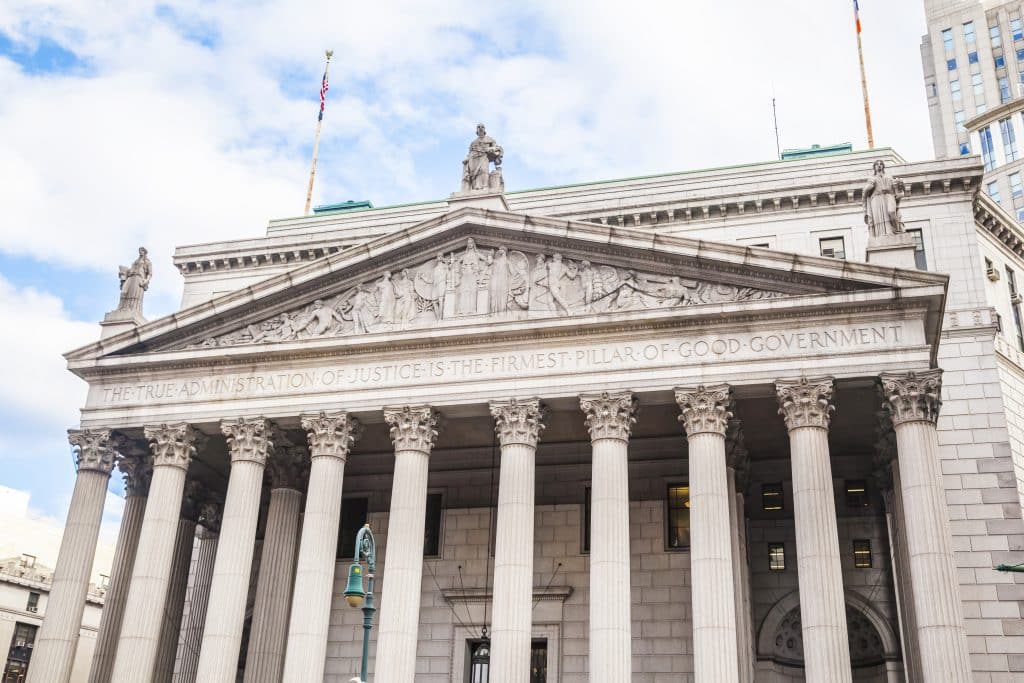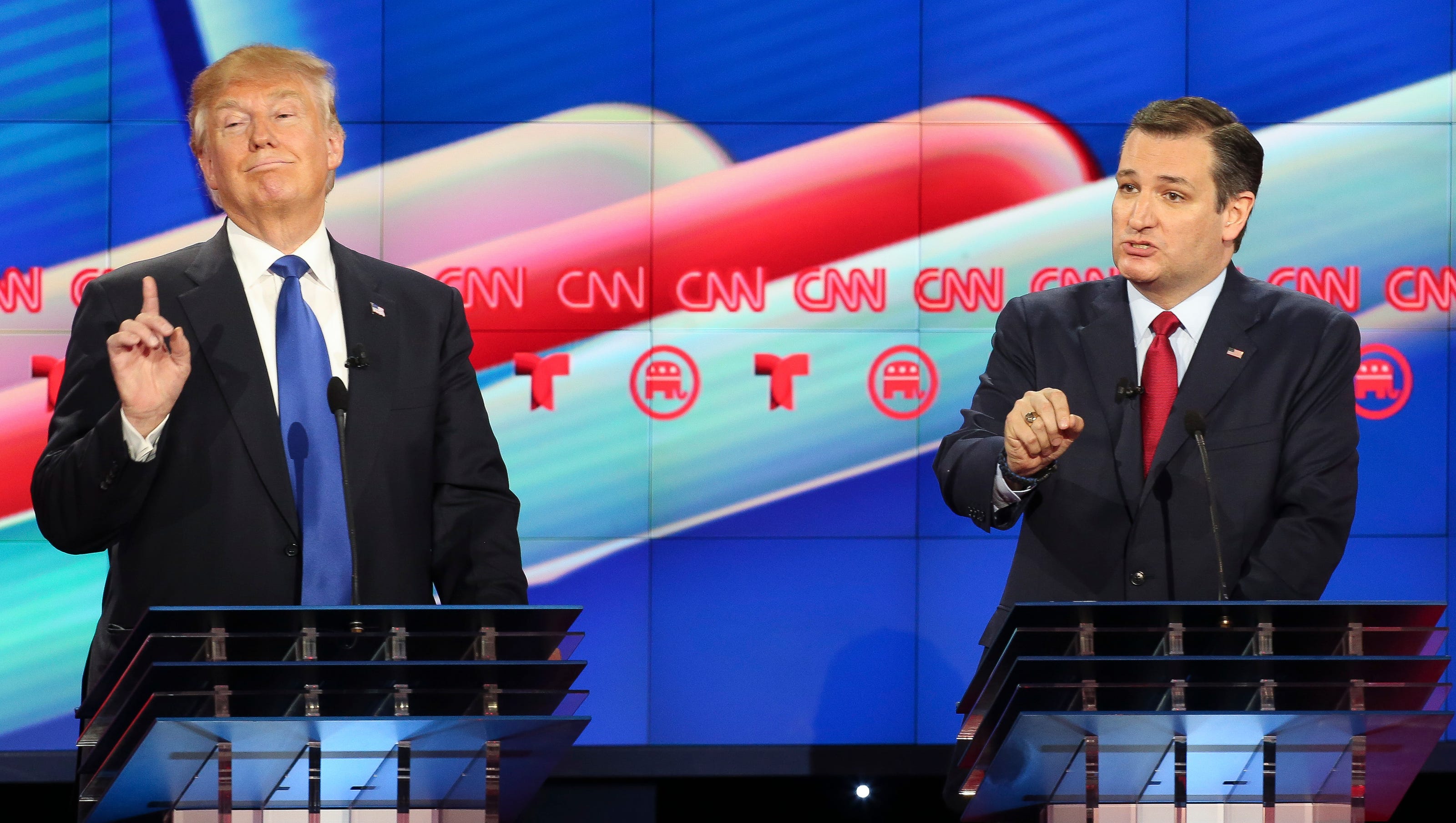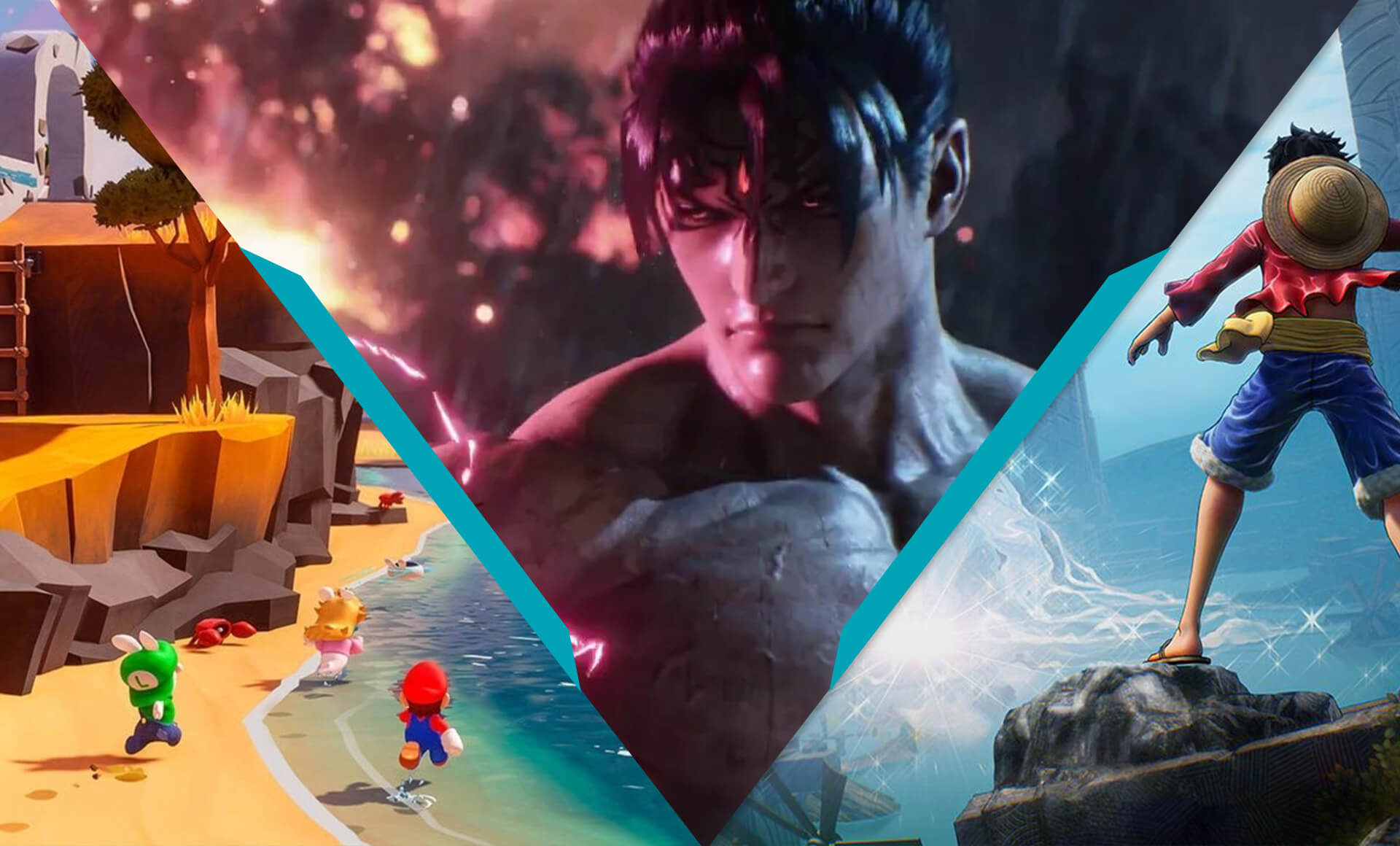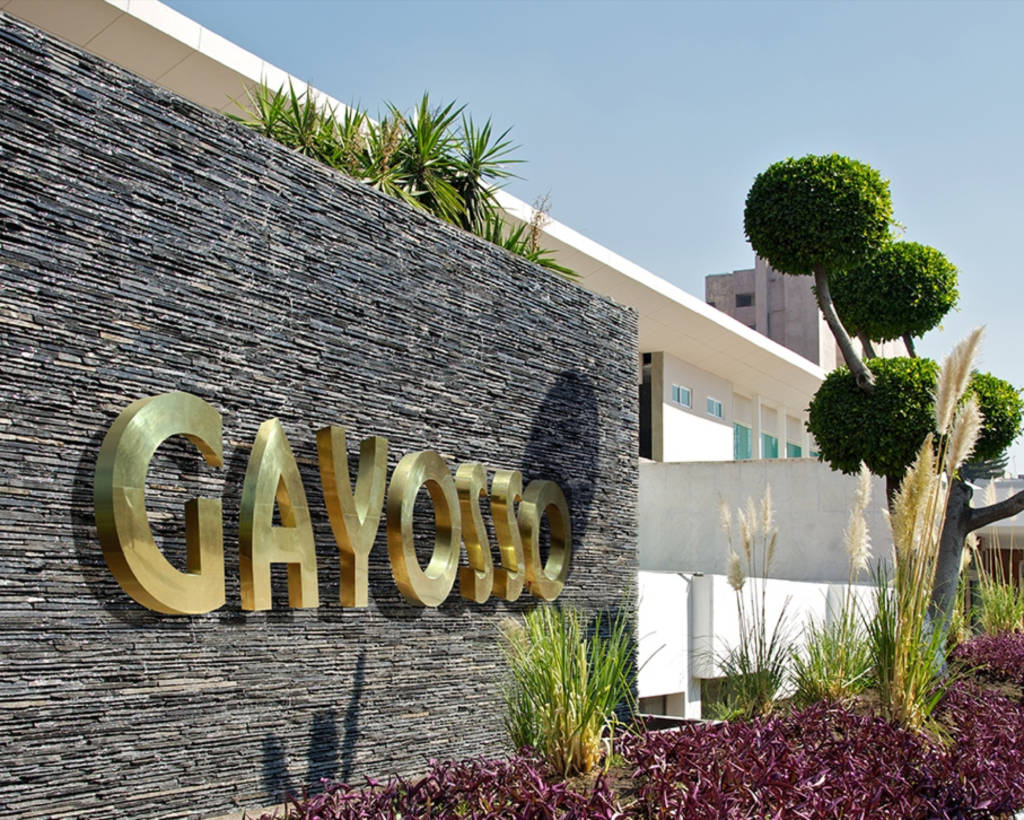Live Nation And The DOJ: A Deep Dive Into Venue Control And Artist Agreements

Table of Contents
Live Nation's Dominance in the Live Music Industry
Live Nation's influence on the live music landscape is undeniable. Its market share is significant, giving it considerable power over various aspects of the industry, raising concerns about monopolistic practices. This dominance stems from several key factors:
- Ticketing monopoly through Ticketmaster: Live Nation's acquisition of Ticketmaster created a near-monopoly in ticketing, controlling a vast majority of ticket sales for major concerts and events. This allows them to dictate pricing and fees, impacting both artists and consumers.
- Ownership/operation of numerous venues worldwide: Live Nation owns and operates a vast network of venues globally, giving them control over scheduling, pricing, and other aspects of the live music experience. This vertical integration provides significant competitive advantages.
- Control over artist promotion and touring: Live Nation's promotional capabilities are extensive, offering artists comprehensive touring packages. However, this control can also limit artists' choices and bargaining power.
- Impact on smaller promoters and venues: The dominance of Live Nation leaves smaller, independent promoters and venues struggling to compete, potentially stifling innovation and diversity in the live music scene.
The potential for monopolistic practices is a significant concern. Such practices can lead to inflated ticket prices, reduced artist compensation, and a less diverse and dynamic live music market for consumers. Reports suggest Live Nation controls over 70% of the US concert market, further highlighting the scale of this dominance.
Scrutiny from the Department of Justice (DOJ)
The DOJ has a long history of investigating Live Nation's business practices. Concerns about anti-competitive behavior have led to several investigations and legal actions:
- Specific allegations of anti-competitive behavior: Allegations include leveraging Ticketmaster's dominance to restrict competition, using venue ownership to favor artists with whom they have exclusive deals, and engaging in practices that limit artist choices and potentially stifle competition among promoters.
- Past settlements and their impact: Live Nation has reached settlements with the DOJ in the past, often involving commitments to alter certain business practices. However, the effectiveness of these settlements in addressing the underlying concerns remains a subject of debate.
- Ongoing investigations and potential future consequences: The DOJ continues to monitor Live Nation's activities, and further investigations and potential legal actions are possible. The outcomes could significantly shape the future of the company and the live music industry.
- The DOJ's role in maintaining fair competition in the entertainment industry: The DOJ's involvement underscores the importance of maintaining fair competition in the entertainment sector, ensuring a level playing field for artists, promoters, and consumers.
Analyzing court documents and news reports reveals a complex legal battle with ongoing arguments about the extent of Live Nation's monopolistic practices and the impact of their business model.
The Impact on Artist Agreements
Live Nation's artist agreements are often complex and raise concerns about fairness and balance of power:
- Exclusive deals and their implications: Many artists sign exclusive deals with Live Nation, limiting their ability to work with other promoters and potentially reducing their negotiating power.
- Revenue sharing models and their fairness: The revenue-sharing models in these agreements are a key area of concern, with artists raising questions about transparency and fairness.
- Power imbalance between Live Nation and independent artists: The significant power imbalance between Live Nation and independent artists raises questions about exploitation and the ability of artists to negotiate favorable terms.
- Artist concerns about limited options and creative control: Artists express concerns about limited choices in promoters and venues, potentially compromising artistic vision and freedom.
These agreements can significantly impact artists' earnings and their overall career trajectory, potentially limiting their opportunities and growth.
The Effects on Consumers (Fans)
Live Nation's practices have a direct impact on the consumer experience, primarily through ticket pricing and availability:
- High ticket prices and various fees: Consumers often face high ticket prices, inflated by various additional fees, creating accessibility issues for many fans.
- Limited availability of tickets: The control over ticket sales often leads to limited availability, creating artificial scarcity and driving up prices further.
- The impact of dynamic pricing: The use of dynamic pricing, where prices fluctuate based on demand, can lead to unpredictable and potentially exorbitant ticket costs.
- The role of ticket resale markets: The high demand and limited availability create a thriving secondary ticket market, where prices can be significantly inflated, further impacting fan accessibility.
These factors combine to affect the overall consumer experience, limiting access to live music for many and raising concerns about affordability and fairness.
Potential Solutions and Future Outlook
Addressing the concerns surrounding Live Nation requires a multi-faceted approach:
- Increased antitrust enforcement: More rigorous antitrust enforcement could help prevent and address anti-competitive practices.
- Promoting fair competition through policy changes: Regulatory changes could promote fair competition by leveling the playing field for smaller promoters and venues.
- Empowering smaller promoters and venues: Supporting and fostering a thriving ecosystem of independent promoters and venues is crucial for a healthy and diverse live music scene.
- Increased transparency in artist agreements: Greater transparency in artist agreements could help ensure fair and equitable deals for artists.
The long-term consequences of Live Nation's practices for the music industry are significant. The future will depend on the effectiveness of regulatory efforts, the actions of the DOJ, and the evolution of the live music market itself. The ongoing debate surrounding Live Nation and the DOJ will undoubtedly shape the future of the industry for years to come.
Conclusion:
The relationship between Live Nation and the DOJ highlights crucial issues surrounding competition, artist agreements, and consumer protection within the live music industry. The DOJ's scrutiny of Live Nation’s market dominance is essential to ensure fair competition and protect both artists and fans. Further investigation and potential regulatory changes are needed to address concerns about potential monopolistic practices and ensure a healthy and vibrant live music ecosystem. Staying informed about the ongoing developments in the Live Nation and the DOJ case is crucial for anyone involved in or interested in the future of live music.

Featured Posts
-
 Daughter Of Emmy Winner Spotted With Gerard Butler Is Nepotism At Play
May 29, 2025
Daughter Of Emmy Winner Spotted With Gerard Butler Is Nepotism At Play
May 29, 2025 -
 Beyond Bmw And Porsche Foreign Automakers Struggles In China
May 29, 2025
Beyond Bmw And Porsche Foreign Automakers Struggles In China
May 29, 2025 -
 Hogyan Lehet Egy 100 Forintos Erme Toebbet Er Mint A Nevleges Erteke
May 29, 2025
Hogyan Lehet Egy 100 Forintos Erme Toebbet Er Mint A Nevleges Erteke
May 29, 2025 -
 Bring Her Back The 2025 Horror Film Guaranteed To Stress You Out
May 29, 2025
Bring Her Back The 2025 Horror Film Guaranteed To Stress You Out
May 29, 2025 -
 South Australian Farmers Battle Drought And Kangaroo Overgrazing
May 29, 2025
South Australian Farmers Battle Drought And Kangaroo Overgrazing
May 29, 2025
Latest Posts
-
 Ticketmaster Incidencias Reportadas Hoy 8 De Abril Grupo Milenio
May 30, 2025
Ticketmaster Incidencias Reportadas Hoy 8 De Abril Grupo Milenio
May 30, 2025 -
 La Guerra De Trump Contra Ticketmaster Y La Especulacion Con Boletos
May 30, 2025
La Guerra De Trump Contra Ticketmaster Y La Especulacion Con Boletos
May 30, 2025 -
 Se Cae Ticketmaster Novedades Y Actualizaciones 8 De Abril Grupo Milenio
May 30, 2025
Se Cae Ticketmaster Novedades Y Actualizaciones 8 De Abril Grupo Milenio
May 30, 2025 -
 Improved Taylor Swift Ticket Purchase Experience Ticketmasters New Line System
May 30, 2025
Improved Taylor Swift Ticket Purchase Experience Ticketmasters New Line System
May 30, 2025 -
 Problemas Ticketmaster 8 De Abril Reportes Y Noticias De Grupo Milenio
May 30, 2025
Problemas Ticketmaster 8 De Abril Reportes Y Noticias De Grupo Milenio
May 30, 2025
